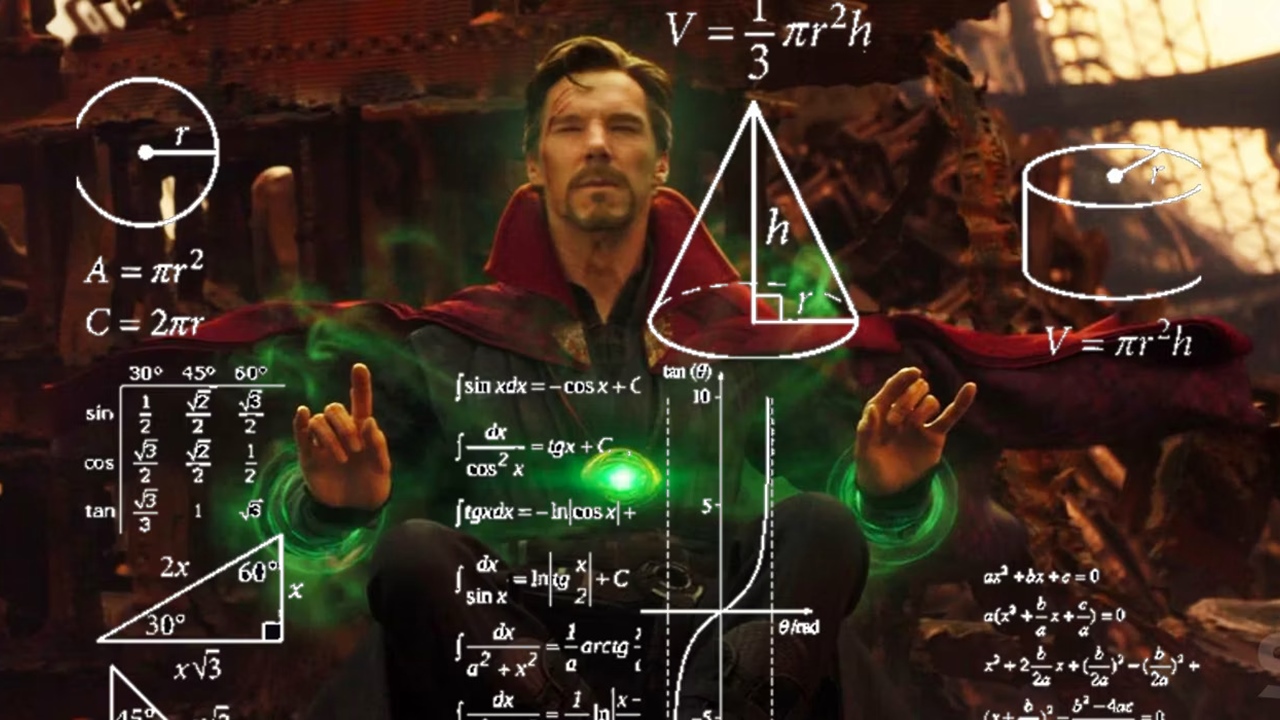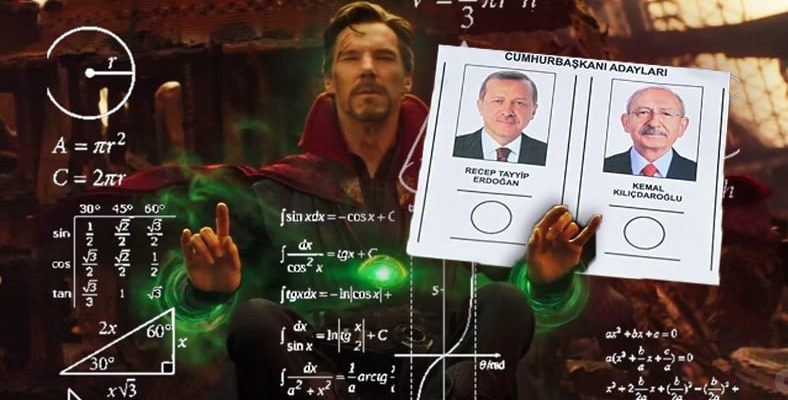Let’s say that despite millions of votes, both candidates received equal votes. What is the probability of such a possibility to occur, does the constitution offer an alternative option to this situation?
In the coin toss in the movie Kemal Sunal remember the money comes straight, We’re talking about a much lower probability of it happening.
No, but we also know that this probability is not zero. Actually, What to do in this absurd situation? Will we go to the 3rd round, will the elections be held again from the beginning, will the votes be counted again, will the lots be drawn? Or do the candidates arm wrestle or go to serial penalties?
Is there any similar possibility for this possibility, let’s look at it first:
In the mayoral elections Since the number of voters is low, a draw situation can be seen in almost every election. In such a case, the votes are counted again, if there is a tie again, this time. The headman is determined by lot.
There is also an example where the number of votes is high: Both candidates received 54,821 votes in the 1985 parliamentary election in the Australian state of Victoria. Upon this by drawing lots winner is determined. When the votes were counted again upon the objection of the losing party, the votes of the opposition party increased more and the party won the election.
In the 2022 US Kentucky elections, there was equality and the winner, determined by lottery.
From a legal point of view, this possibility was not mentioned in the constitution because its probability is so low that it was not even taken into account.
“The candidate who receives the absolute majority of the valid votes is elected” According to the article, the votes are probably either recounted or, as in other examples, drawn by lot. As we have stated, there is no definite statement.
Well, how many 1 in a million can this neglected possibility come true? We were not lazy, we calculated:

NOTE: There may be a margin of error as it is a quick calculation. Do not ignore the possibility that there may be any overlooked parameter. The point is to show how small the probability is rather than the exact result.
To calculate the probability of two candidates getting equal votes We use probability theory. In this case, the sum of the votes each candidate can get must be equal to the number of voters. First, let’s call the number of voters n. Let’s define x as the number of votes each candidate can get. For two candidates to receive equal votes, x = n/2.
We need to determine the distribution of votes that each candidate can get. Let’s say the probability that each voter votes for one of the candidates is p. We know that x the number of votes each candidate gets if he gets equal votes. This situation with the binomial distribution we can model.
To calculate the probability of two candidates getting equal votes using the binomial distribution we can use this formula:
P(X = x) = C(n, x) * p^x * (1-p)^(nx)
Here x, while representing the number of votes received by any candidate, C(n, x) indicates the combination.
However, since the number of votes each candidate gets must be exactly n/2, x = n/2 We can put the criteria in place. In this case, the formula would be:
P(X = n/2) = C(n, n/2) * p^(n/2) * (1-p)^(n/2)
Using this formula, you can calculate the probability that two candidates will receive equal votes. In order to make this calculation, you need to determine parameters such as the number of voters (n) and the probability of getting votes (p) for each candidate. Let’s consider three situations:
Case 1: Number of Observations: 100 (Number of Voters 100)
For two candidates to receive equal votes, each candidate must receive exactly 50 votes. Let’s calculate this situation with the binomial distribution. Here C(100, 50) is the combination of selecting 50 elements from the 100-element set:
P(X=50) = C(100, 50) * (0.5)^50 * (0.5)^50
C(100, 50) = 100! / (50! * (100-50)!) = 100! / (50! * 50!)
P(X=50) = 1.0089134e+29 * (0.5)^50 * (0.5)^50 = 0.0795892
That is, in the case of 100 voters, the probability that two candidates will receive equal votes is approximately 0.0795892, or It is 7.95892%.
Case 2: Number of Observations: 10,000 (Number of Voters: 10,000)
Let’s do the same calculation for 10,000 voters:
P(X=5000) = C(10000, 5000) * (0.5)^5000 * (0.5)^5000
C(10000, 5000) = 10000! / (5000! * (10000-5000)!) = 1.8446744e+299
P(X=5000) = 1.8446744e+299 * (0.5)^5000 * (0.5)^5000
≈ 0.0007219
That is, in the case of 10,000 voters, the probability that two candidates will receive equal votes is approximately 0.0007219, or It is 0.07219%.
3rd case: Number of Observations: 10,000,000 (Number of Voters: 10,000,000)
Finally, let’s do the calculation for 10,000,000 voters:
P(X=5000000) = C(10000000, 5000000) * (0.5)^5000000 * (0.5)^5000000
C(10000000, 5000000) ≈ 2.847419e+299
P(X=5000000) = 2.847419e+299 * (0.5)^5000000 * (0.5)^5000000
≈ 0.0
That is, the probability that two candidates will receive equal votes in the case of 10,000,000 voters. is approximately zero. This means that the result is very small and means practically negligible.

As a result, the higher the number of observations, the less likely that two candidates will receive equal votes. This, It is a consequence of the law of large numbers. The law of large numbers says that the probability of occurrence converges to the expected values as the number of observations increases. Therefore, smaller numbers of observations are more likely to receive equal votes, while larger numbers of observations are less likely to receive equal votes.
If we talk about the sample of Türkiye, the number to be considered Since it will be 61 million 191 thousand 884 the zeros in the decimal part of this 0 will get longer. As a result of participation, only one voter did not participate and there were 61 million 191 thousand 883 valid votes. In this case, not only theoretically In practice, the probability would be exactly zero.
Let’s make a movie suggestion for those who have read this far: Oyum Kime? / Swing Vote (2008)
In the movie starring Kevin Costner, the US presidential election votes are equal And as a result of chain events, the fate of the entire election depends on one person’s vote: a man who has no interest in politics…
The movie is about fighting each other. criticizes politicians in a funny way.
RELATED NEWS
